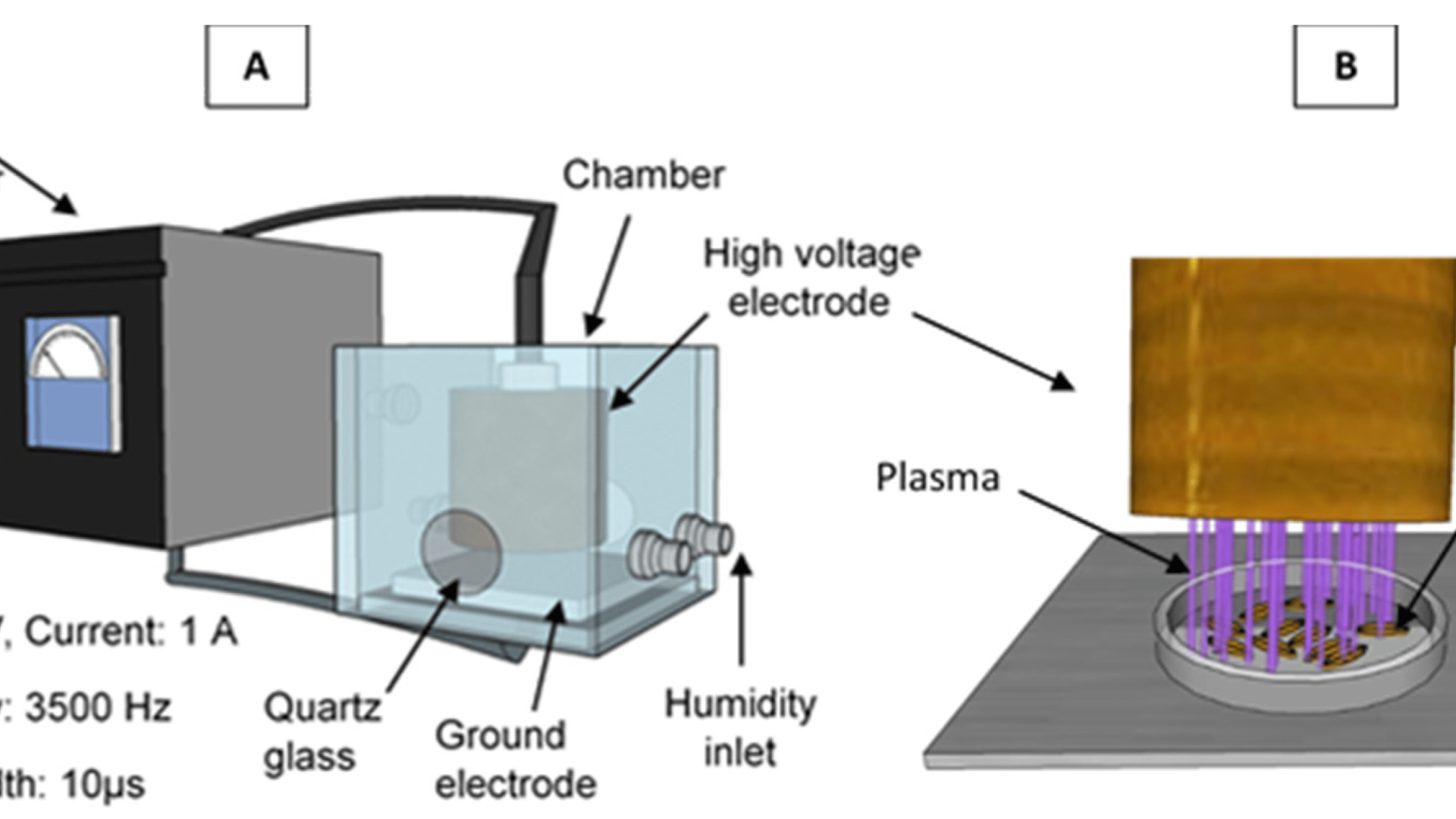Plasma treatment reduces mycotoxins in grains

Treating wheat and barley grains with atmospheric cold plasma has been found to reduce mycotoxin levels and boost seed germination. Canadian researchers have shown that by using a relatively low temperature version of the typically superheated matter they were able to lower levels of harmful toxins caused by fungi that thrive in warm, humid conditions.
Lead researcher Ehsan Feizollahi, from the Faculty of Agricultural, Life and Environmental Sciences at the University of Alberta, said the discovery could provide the food processing and livestock feed industries with more effective and efficient ways to process grains that were safe for consumption. Mycotoxins pose threats to both livestock and human health.
Feizollahi said because mycotoxins resist high temperatures, removing them from grains was challenging: “There is no effective method currently available for reducing mycotoxins on grain,” adding that common food processing practices such as roasting, baking and frying may only partially remove them: “We need to find better methods of decontamination.”
He created 2 forms of the plasma: as an ionized gas and as liquid. And then used them to treat barley and wheat grains infected with two mycotoxins that are particularly troublesome across Canada and the globe – zearalenone and deoxynivalenol. Using the plasma to decontaminate the grains lowered the levels of the 2 toxins by 54%, which Professor M.S. Roopesh, who supervised Feizollai’s work, described as a promising start.
“With optimisation for the conditions, figuring in factors such as the type of plasma, treatment conditionals and treatment time, we could achieve much more than 54%. Ultimately, that means farmers could use more of their grain, so there’s less waste, and from the health point of view, humans and animals can consume the grain and not be affected by mycotoxins,” added Roopesh.
The researchers also found that the treatment processes they used took only a short time, ranging from a minute to an hour, potentially increasing efficiency for the food processing industry. The treatments are also environmentally sustainable.